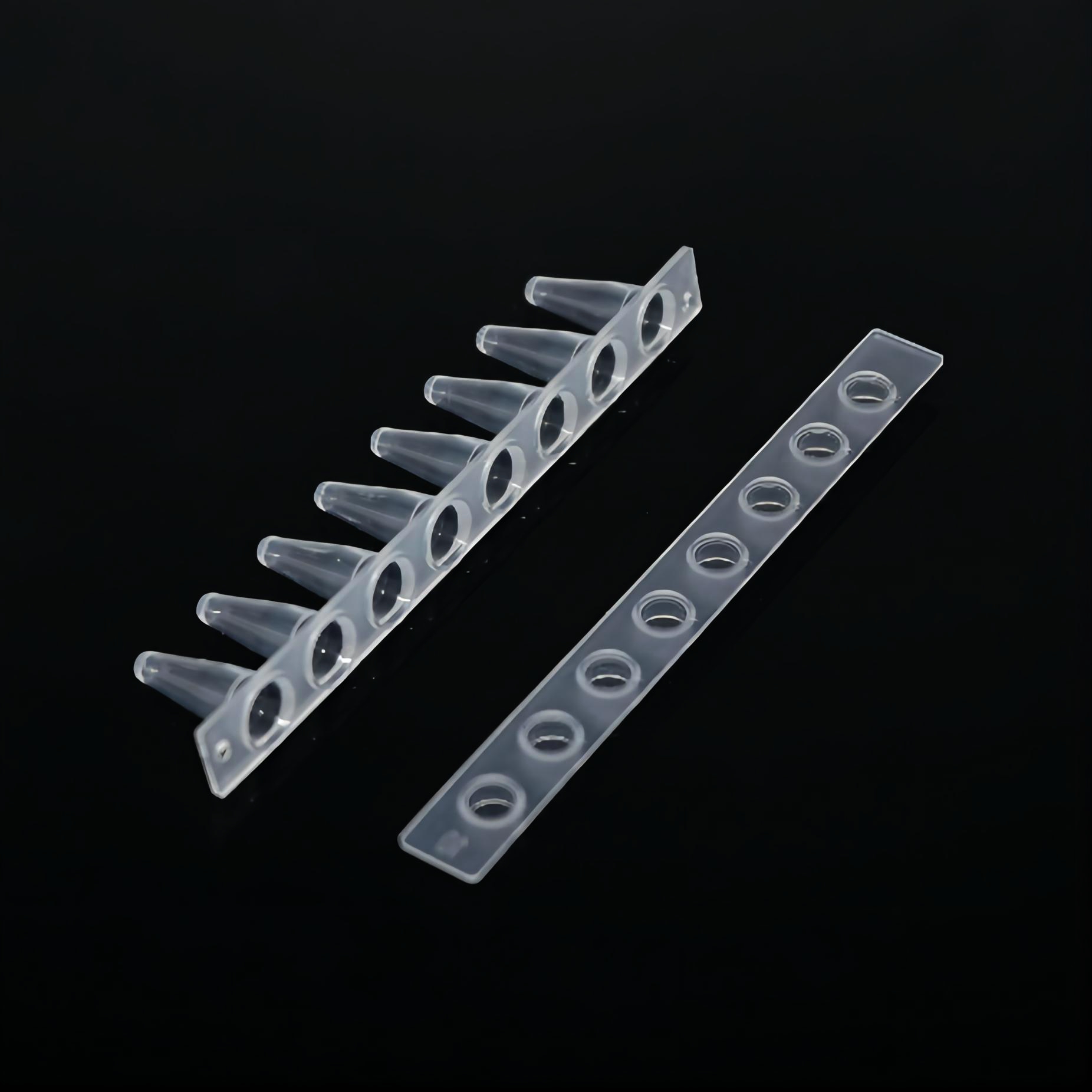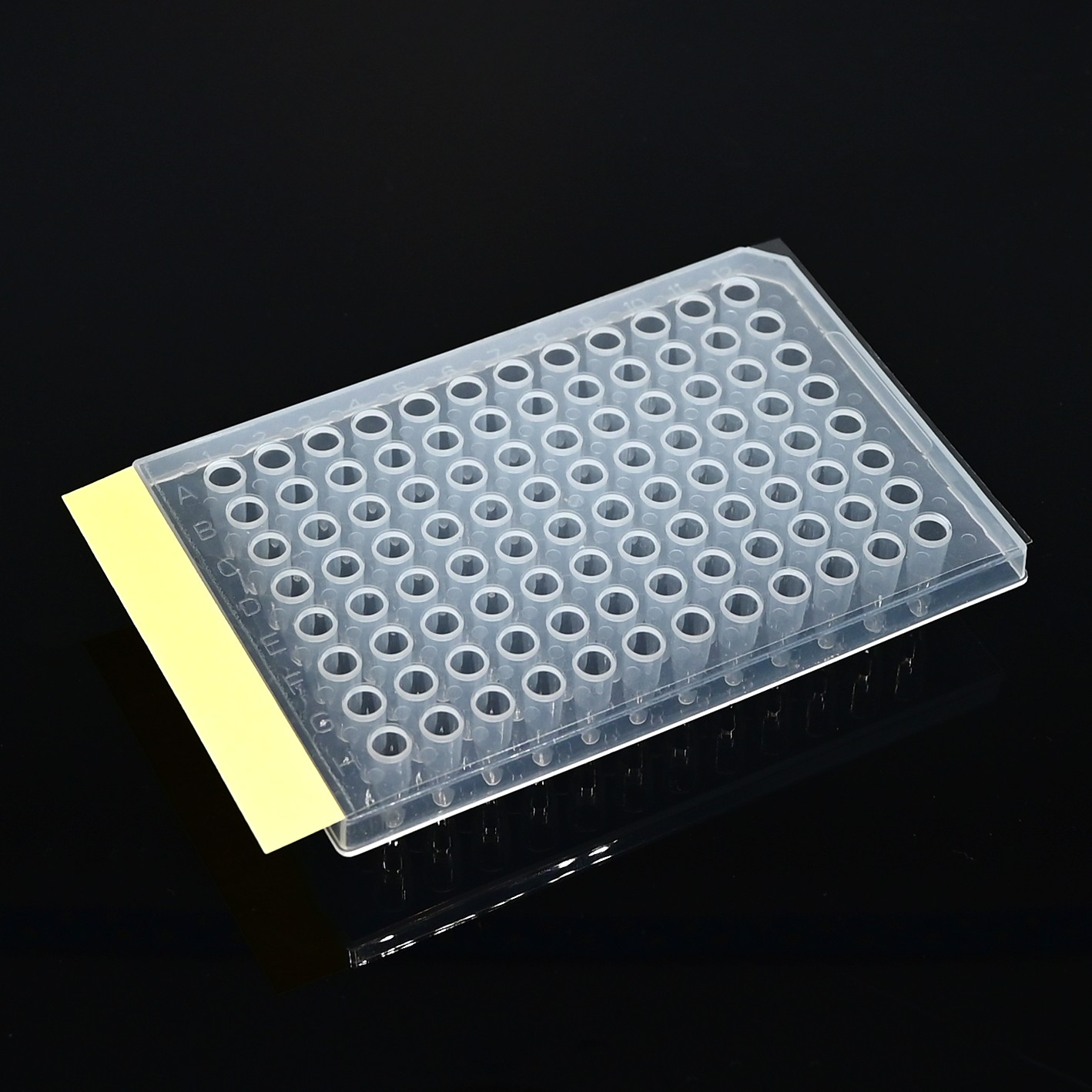In PCR (Polymerase Chain Reaction) sample preparation, choosing the right equipment is critical to obtaining accurate and reliable results. One of the key decisions to make is whether to use PCR plates or PCR tubes. Both options have their own benefits and considerations, and understanding their differences can help make an informed choice.
PCR plates and PCR tubes are essential tools for conducting PCR experiments. PCR plates are designed to accommodate multiple samples in a single plate, usually in a 96-well format. PCR tubes, on the other hand, are individual tubes that can hold one sample each. Additionally, there are PCR 8-tube strips, which are essentially strips made up of 8 individual PCR tubes joined together.
Suzhou Ace Biomedical Technology Co., Ltd. provides a range of high-quality PCR plates, PCR tubes and PCR 8-tubes for various laboratory applications. The company’s products are designed to meet the needs of researchers and scientists, providing reliable and efficient solutions for sample preparation in PCR experiments.
Several factors should be considered when selecting PCR plates and PCR tubes. One of the main considerations is the number of samples being processed. If a large number of samples need to be processed simultaneously, PCR plates are a more efficient option as they allow for high-throughput processing. PCR plates also have the advantage of being compatible with automated liquid handling systems, making them suitable for high-throughput PCR workflows.
PCR tubes, on the other hand, are better suited for handling smaller numbers of samples or when flexibility in sample arrangement is required. PCR tubes are also preferred when sample volumes are limited, as they allow for easier manipulation of individual samples. Additionally, PCR tubes are compatible with standard centrifuges, making them a versatile option for sample preparation.
PCR 8-strip tubes provide a middle ground between PCR plates and individual PCR tubes. They offer the convenience of processing multiple samples simultaneously while still allowing flexibility in sample placement. The PCR 8-tube is particularly useful when working with moderate amounts of samples and saving space is a concern.
When selecting PCR plates and PCR tubes, in addition to the number of samples, you should also consider the specific requirements of your PCR experiment. For example, if an experiment involves multiple replicates or different experimental conditions, a PCR plate may be more suitable for organizing and tracking samples. On the other hand, if an experiment requires frequent acquisition of a single sample, or if different samples need to be processed at different times, PCR tubes offer greater flexibility.
Suzhou Ace Biomedical Technology Co., Ltd. understands the diverse needs of researchers and provides a series of PCR plates, PCR tubes, and PCR 8-tubes to meet different experimental needs. The company’s products are manufactured using high-quality materials, ensuring reliable performance and compatibility with a variety of PCR instruments and thermal cyclers.
Anyway, the choice of PCR plates and PCR tubes depends on the specific requirements of the PCR experiment, including sample quantity, the need for high-throughput processing, and flexibility in sample arrangement. Suzhou Ace Biomedical Technology Co., Ltd. provides a full range of PCR plates, PCR tubes, and PCR 8-tube strips to meet the diverse needs of researchers and ensure efficient and reliable sample preparation for PCR experiments.
Post time: Sep-09-2024



